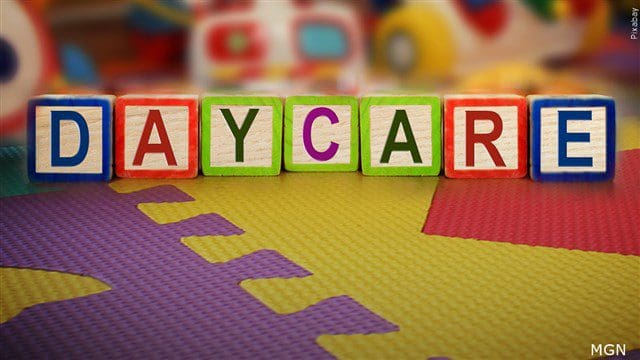Topeka, KS– Today, Governor Laura Kelly announced that her administration is knocking down a significant administrative barrier to joining the Kansas child care workforce. The Kansas Department of Health and Environment (KDHE), in collaboration with the Department for Children and Families (DCF), is now offering digital fingerprinting to child care workers to accelerate the licensing approval process to enable these critical workers to begin work as soon as possible.
“We are working to make it easier to join the workforce in every sector, but especially child care,” said Governor Kelly. “Child care improves the long-term well-being of our children, helps attract and retain a highly skilled workforce, and brings business to the state. Anything we do to streamline the process of joining the child care workforce is a significant win for our state.”
The Federal Office of Child Care requires a comprehensive background check for all people living, working, or volunteering in child care facilities who meet certain criteria, including working unsupervised. A background check includes fingerprinting.
Since December 2018, KDHE has been implementing fingerprint-based background checks using paper/card ink prints. The process can be lengthy and can cause delays due to the paper process and mailings between facilities, fingerprinting sites, KDHE, and the Kansas Bureau of Investigation (KBI).
“By using digital fingerprinting, the wait time on the background check process is greatly reduced,” said KDHE Secretary Janet Stanek. “This efficiency will ultimately help thousands of childcare provider applicants obtain their licenses more expeditiously, allowing them to make an immediate impact on the child care needs in their communities.”
In November 2021, KDHE and DCF launched a small pilot project with the Boys and Girls Club and YMCA in partnership with the KBI. This pilot has significantly reduced wait times for fingerprint results, and we are now inviting all childcare workers across the state to take advantage of this technology.
“We know how important it is that parents can access quality child care,” said DCF Secretary Laura Howard. “That’s why it was so important to me that we find a way to leverage existing DCF services to better serve our childcare workforce.”
Governor Kelly has invested in child care as a vital component of workforce and economic development success. Earlier this year she signed House Bill 2237, a bipartisan bill that expands child care tax credits for businesses that provide child care to employees.
“The Children’s Cabinet has been pleased to support the collaboration necessary between multiple state agencies to modernize the fingerprint process for child care providers,” said Executive Director Melissa Rooker. “We hope this helps reduce the barriers to safe, secure childcare options for Kansas parents and helps child care programs meet staffing demands more quickly and efficiently.”













